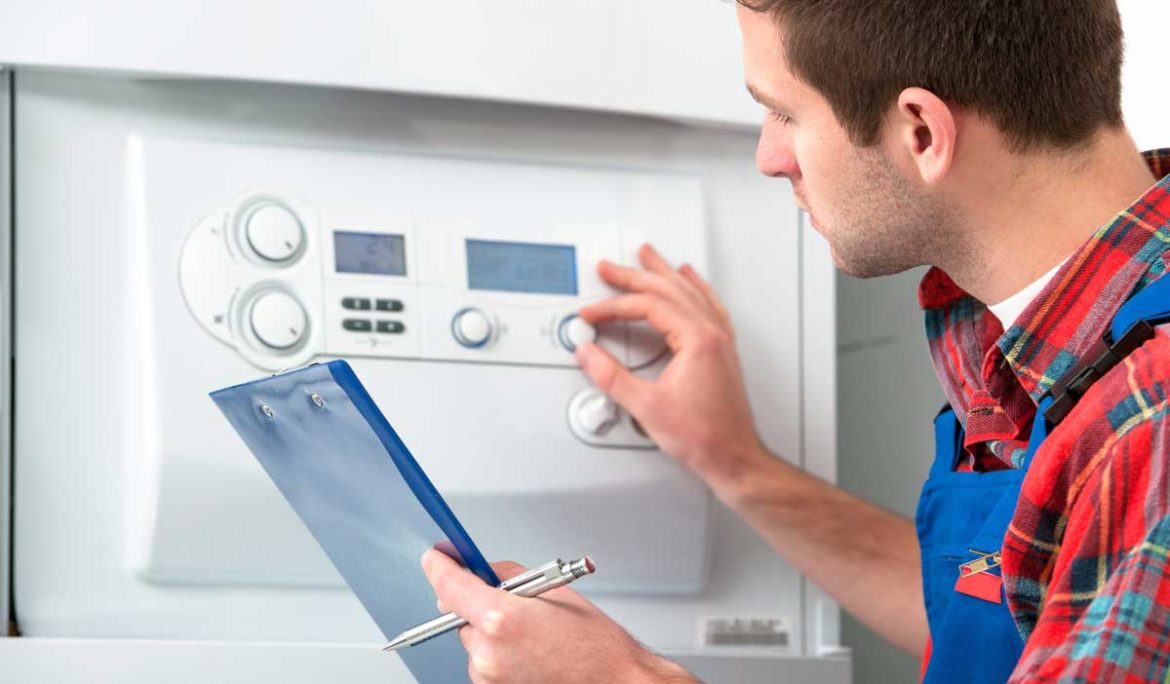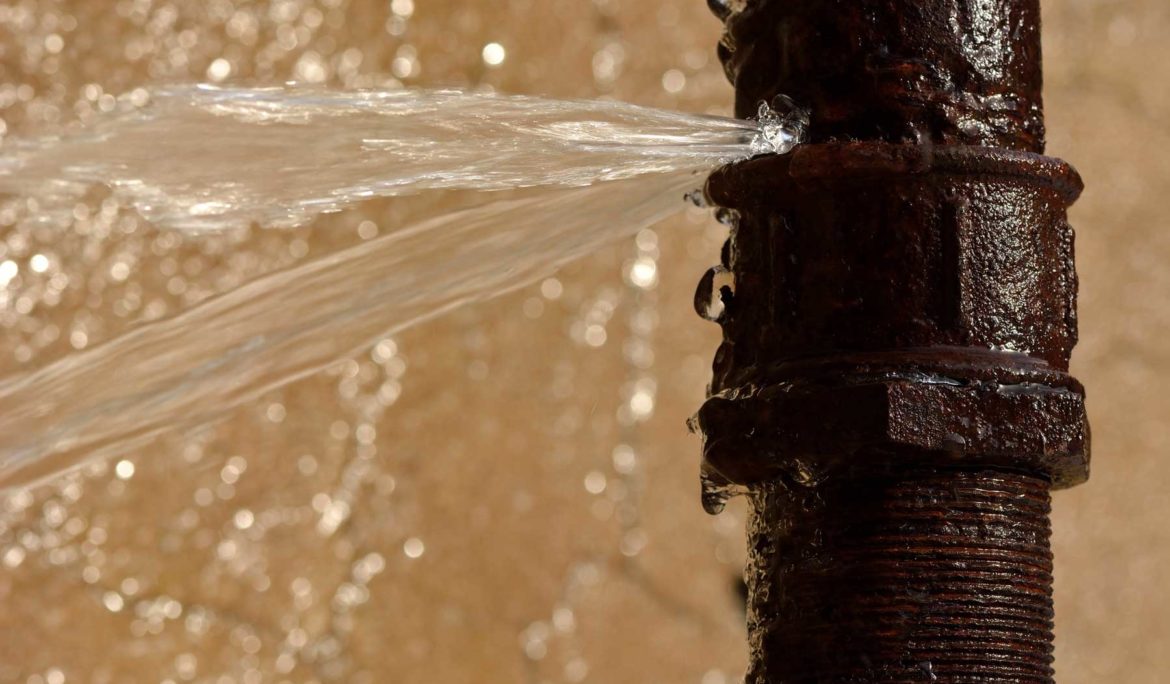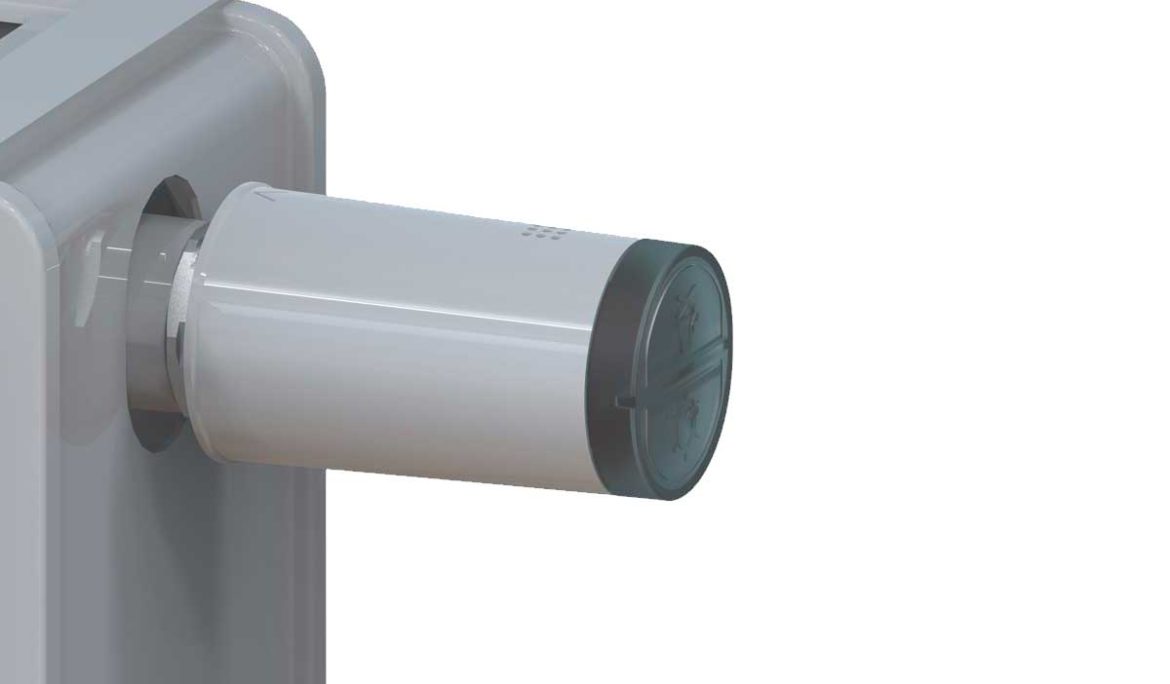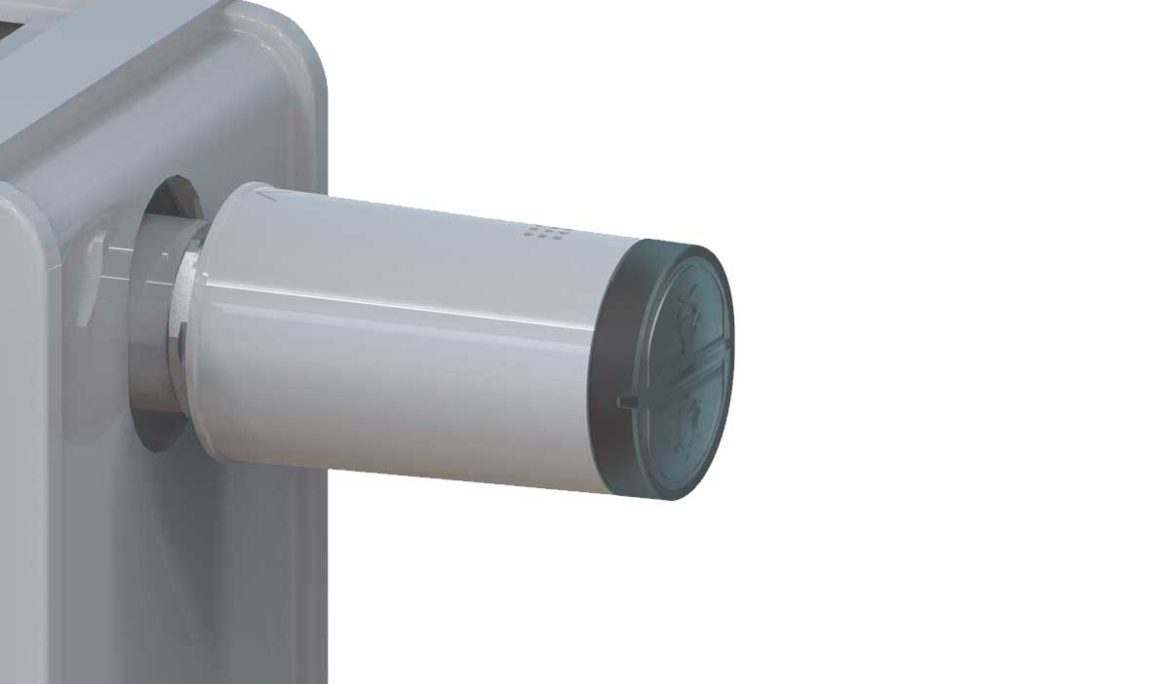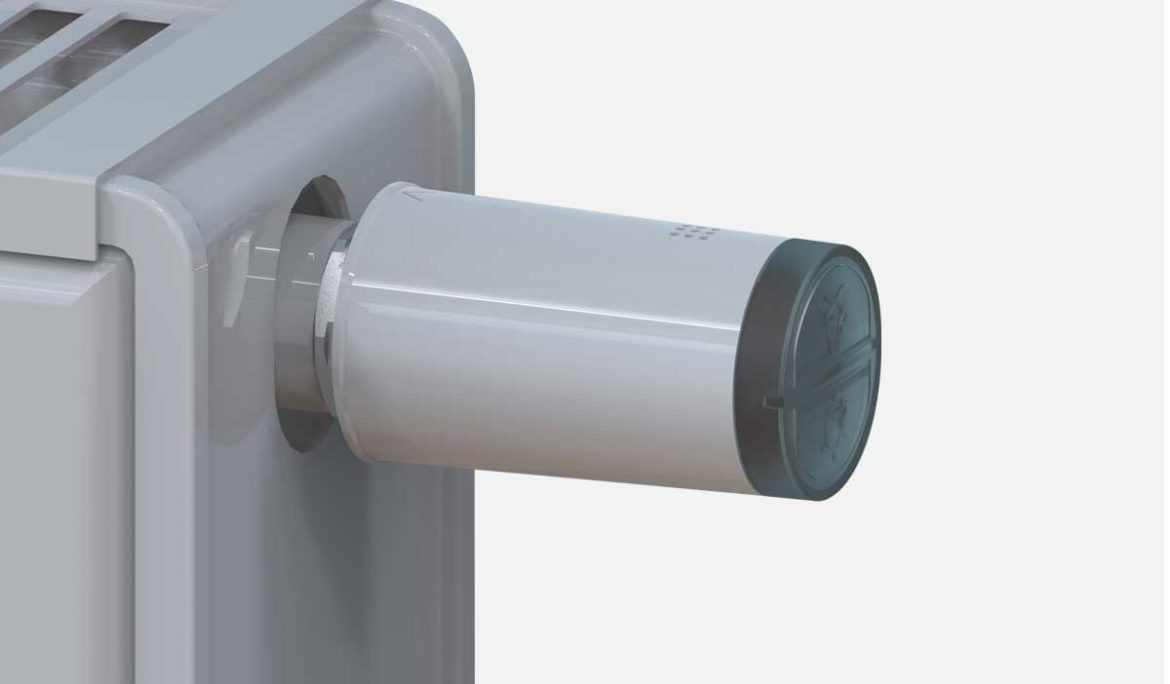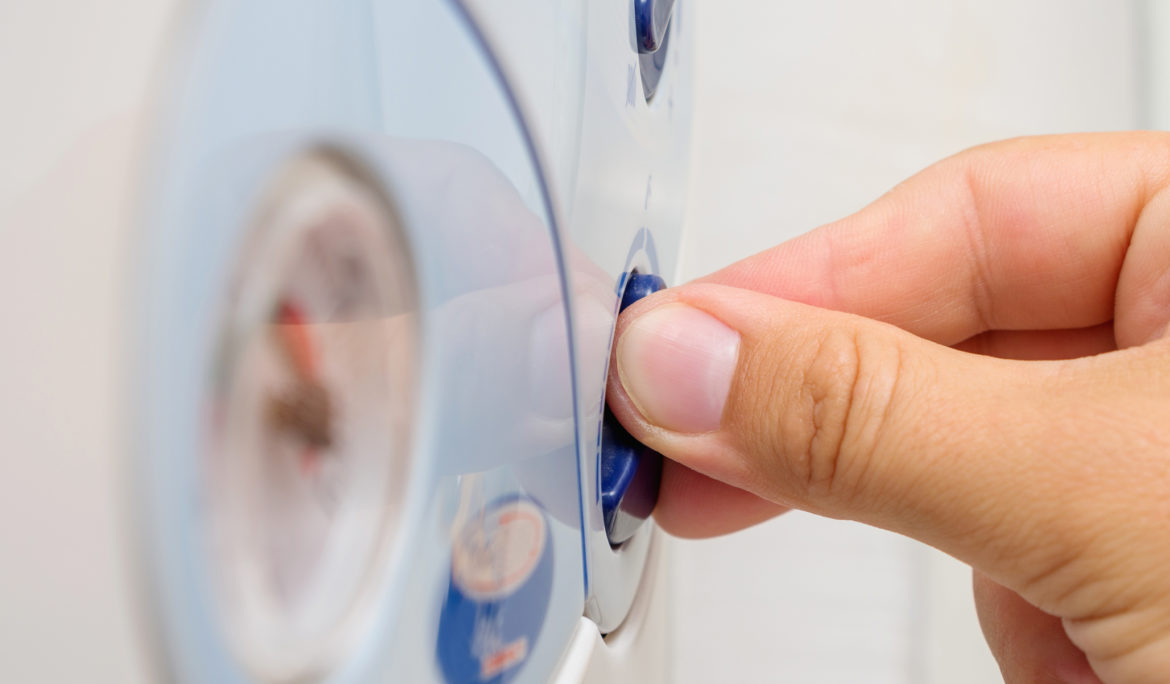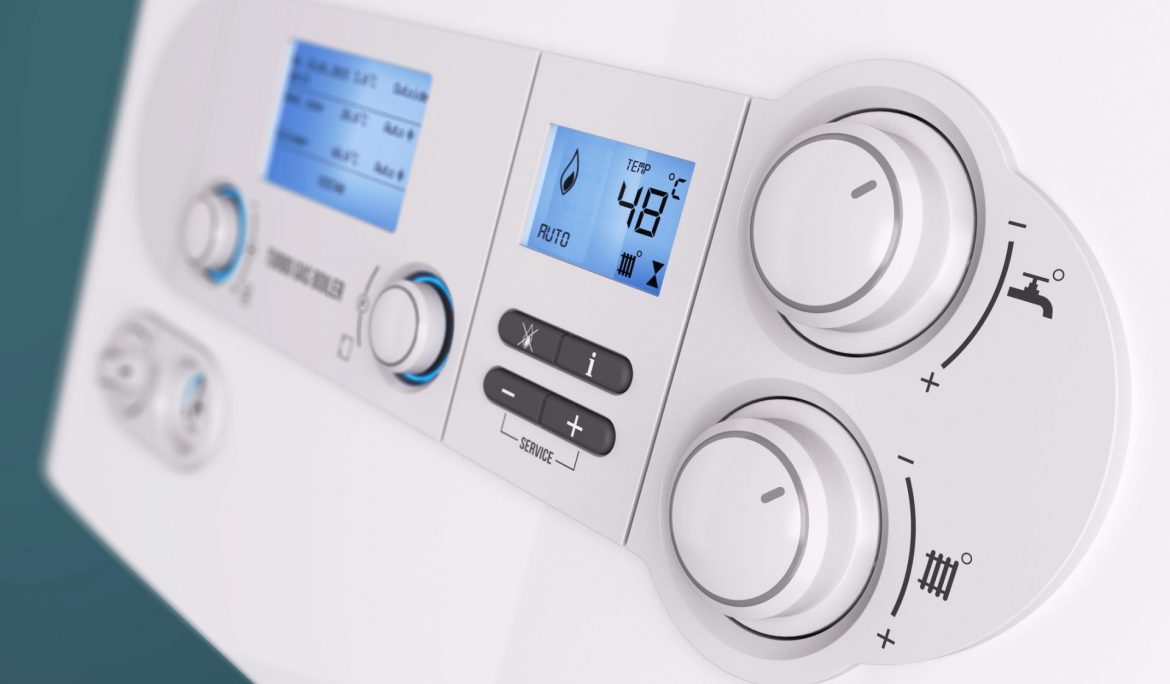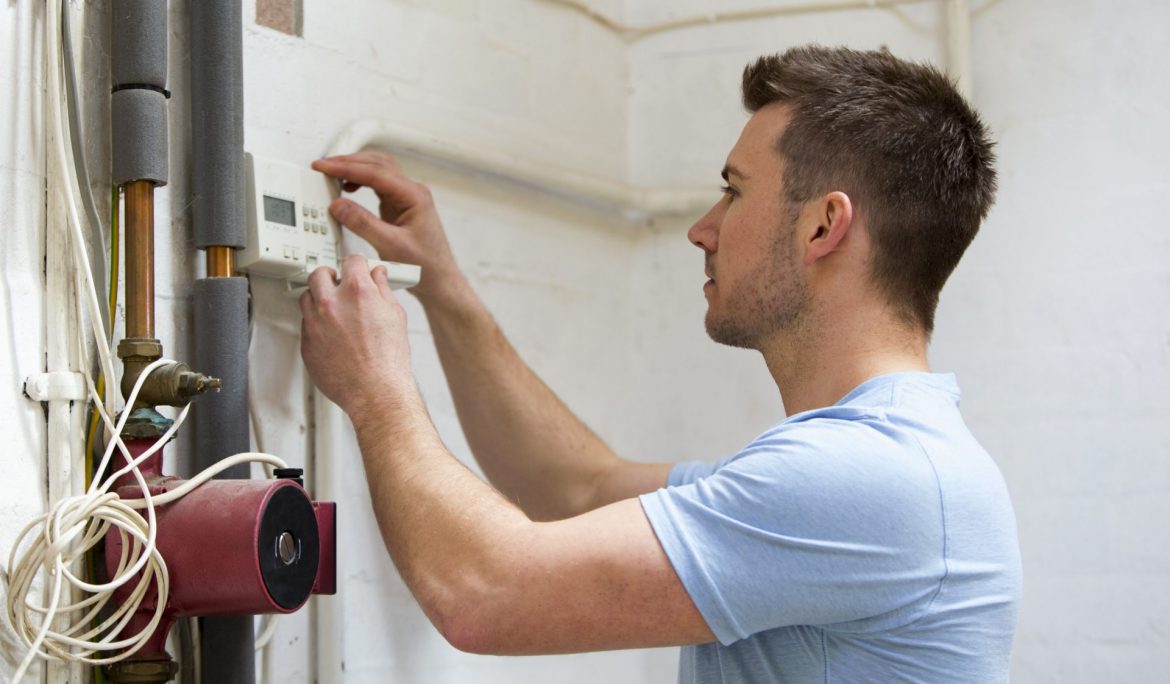What to do if your boiler loses pressure
With the depths of winter on the way in the months ahead, you’ll want to take whatever steps you can to make sure your heating system is working properly and you’ll be able to keep your home warm for you and your family. One of the more common reasons that heating systems break down in winter is a loss in pressure; your boiler must be at the correct pressure for hot water to circulate properly between your radiators. The good news is that low pressure is relatively easy to diagnose and on some occasions, put it right yourself. To help …
Avoid costly pressure loss in your heating system this winter
As much as we all might want to deny it, it’s just too chilly to ignore the cold, hard truth; we’re now well into autumn and heading towards the coldest months of the year. That inevitably means we will all be putting our heating back on, often for the first time in months. Stagnant heating systems can lead to problems There are few things more comforting when the weather gets cold than coming home, flicking on the heating and curling up on the sofa in a warm house. Yet firing up the boiler for the first time after a long …
Keeping your home warm during the coldest spell of the year
Late February and early March can be an odd time of year; with Christmas over and the evenings drawing out, it feels like it should be getting warmer, but statistics say it tends to get colder and the weather often takes a turn for the worst; enter Storm Ciara and Dennis! But as we move further into February and the chances of snow and a severe cold snap increase, there’s no need to let your home get cold too. After all, when you’re getting home from a long day, there’s nothing more comforting than getting into a warm house, sitting …
How PressureSentry can help your housing association save money this winter
The cold winter months are approaching, which means that people up and down the country are beginning to put on an extra layer, cosy up under blankets and fire up their heating systems for the first time in months. But cranking up the heating following a long period of inactivity puts added pressure on systems components, increasing the risk of boiler breakdown just when heating is needed most. It’s a worry for housing associations in the UK; with all their tenants flicking on the heating again, if a handful of those people encounter boiler problems it could lead to bills …
How climate change can affect your boiler
One minute it’s raining, the next it’s sunny, the next it seems freezing cold; our British weather can’t decide what it wants to do from one minute to the next! This summer just gone proves it — the Met Office recorded the highest ever UK temperature in Cambridge in July, but it was also the 7th wettest summer on record since 1910. That’s a big swing in weather conditions! There’s no doubt our climate is changing • Monthly averages year to year are all over the place in winter months — According to Statista, from 2015 to 2018 the average …
How PressureSentry can help avoid heating and plumbing calamity this winter
The nights are drawing in and turning on the heating for the first time in a while is becoming more and more tempting. There’s nothing more comforting after a long day at work than coming home, flicking on the heating and curling up on the sofa in a warm house. But if you’re not careful, turning on your heating for the first time in months could create some preventable problems… The risks of turning your heating back on for the first time According to BoilerGuide, the busiest two-month period of the year for boiler repairs is December and January, with …
Our PressureSentry explained
In the UK the average cost of an emergency callout for a plumber is between £65-£75 per hour. You might, therefore, be surprised to hear that one of the most common causes of a callout is simple and easy to fix without the need for a trained professional. We are, of course, talking about a loss of pressure within a heating system, which can very quickly cause your boiler to shut down or potentially break, leaving the house cold and the owner in a tail spin as they search through the pages of Google for the nearest available plumber. So, …
How can you avoid your boiler breaking down due to loss of system pressure?
Plumbing emergencies can happen at any time, even the most inconvenient of moments, and they don’t just consist of burst or leaking pipes. Also amongst the most common reasons for needing to call out a registered plumber are: discoloured or contaminated water, detecting the smell of gas, a blocked toilet, or the boiler breaking down and suddenly finding yourself without heating and hot water. A common cause of boiler breakdowns is when the pressure in your system drops too low – which is certainly something you’ll want to get fixed quickly, especially during the colder months. Unfortunately, there is a …
Why buy a PressureSentry?
Loss of system pressure is a common cause of heating breakdowns, which can result in costly unscheduled callouts for both the homeowner and boiler maintenance companies. The PressureSentry is a low-pressure warning device that alerts you before the system shuts down, so that you don’t face a cold house with no hot water and an expensive emergency callout charge. The innovative device will save you time and money, prevent boiler shut-downs, and provide peace of mind. Avoid unnecessary callouts The PressureSentry alerts the homeowner when the pressure drops, so that a system repressurisation visit can be scheduled before it shuts …
New low-pressure warning device offers opportunity for installers
Engineering specialist Teddington has launched a unique low-pressure warning device to prevent unnecessary boiler shut-downs and heating system damage – providing a quick up-sell opportunity for installers. PressureSentry can also help heating engineers and plumbers that provide domestic heating maintenance contracts to save money on unnecessary call outs. The low-cost device is ideally suited for combi-boiler heating systems and screws into the top of a standard domestic radiator to monitor the system pressure. The device can be quickly installed by engineers during routine service calls without draining the heating system. When the pressure falls below a pre-set level (1 bar), the …




